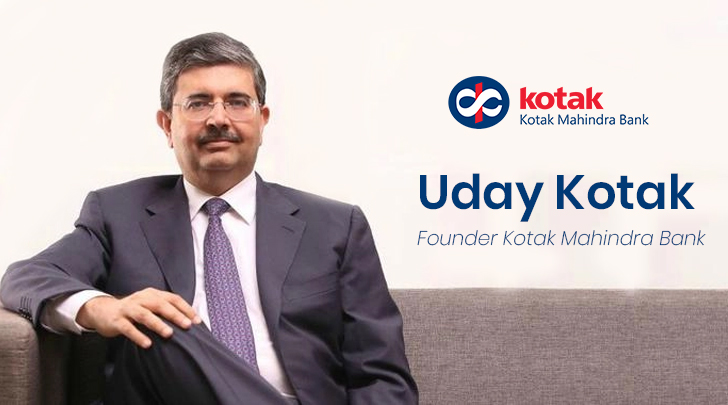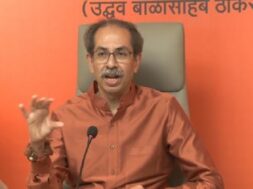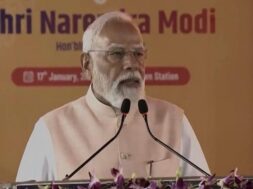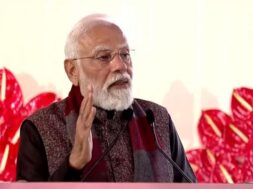
Mumbai: He wanted to be a professional cricket player but an accident ‘forced’ him to become the world’s richest banker instead, with a fortune of USD 16 billion (Rs. 1,177,713 crore).
Uday Kotak, then 20, had to abandon his dream in 1979 when he had to undergo emergency surgery after being hit by a ball in the head. After spending some years in his family’s cotton-trading business, he completed his MBA at the famous Jamnalal Bajaj Institute of Management Studies in Mumbai.
At 26, he started out in finance. Now 61, he is the world’s richest banker, Bloomberg Billionaire Index reveals.
At a time India is grappling with mounting Non-Producing Assets (NPAs) and a shadow-lending crisis, his Kotak Mahindra Bank Ltd (KMB) has risen to gain investors’ trust by slowing down lending to riskier sectors in 2018 itself and keeping good corporate governance.
When the global pandemic of Covid-19 added to the banking industry’s problems by eroding borrowers’ ability to repay, KMB raised capital to fortify its balance sheet, helping boost investors’ confidence. When lenders plunged globally, KMB’s shares zoomed 17 percent this year, the highest among the peers.
And Kotak got another three-year extension to his term as the Bank’s Chief Executive Officer (CEO).
Anand Mahindra, who had tied up with Kotak in 1986 itself—KMB came into existence in 2003—remarked that Uday understands that it is not just smart strategies but unassailable governance that makes a bank sustainable and durable, media reported.
Mahindra recalled that his father and uncle had asked him why he had so much faith in a young man fresh out of a business school. “I told them that one day we would be very happy to have our name associated with him. I just had a strong gut feeling about his potential.”
His hunch proved right.
In 2015, the Reserve Bank of India (RBI), the country’s banking regulator, conducted massive audits and unearthed hidden souring loans. This led to a shadow-banking crisis that constrained the broader Indian economy and further hurt asset-quality scores and profits.
But KMB was different.
In India, where lenders had some of the worst bad-loan ratios in the world, KMB stood out. It reduced lending to small and medium companies and unsecured individuals and found its shares rally more than 24 percent in each of the past three financial years.
While its bad-loan ratio has risen in 2020, it ranked as the second-lowest among peers, with its capital-adequacy score being the highest. As India’s second-largest lender by market value, it reported an unexpected 27 percent profit surge in the second quarter ended September 30.
The private bank got another boost last month when the RBI proposed increasing the ownership limit for founders. It meant that Kotak will not have to dilute his 26 percent stake in KMB as previously demanded by the central bank.
A Gujarati native, Kotak had set up an investment company in 1985 with an Rs. 30 lakh loan ($41,000) from family and friends. He partnered with Mahindra in 1986. The company, which started off discounting bills, later expanded its loan portfolio, got into stock brokering, investment banking, insurance, and mutual funds. It got the RBI’s permission and converted into a bank in 2003.
Uday has since been KMB’s CEO. He gained more control in 2006 by ending a partnership of more than a decade with Goldman Sachs Group Inc. He rose through the ranks by focusing on expanding collateral-backed loans for farm equipment, mortgages, and vehicles, an expert said.
Unlike many family-owned enterprises in India, Kotak has refrained from inducting his family members into the bank’s board or at top executive positions. That helped maintain investors’ and depositors’ confidence in KMB at a time when the lack of corporate governance and transparency brought down three banks and pushed two shadow-lenders into bankruptcy in the last two years.
Currently, KMB is reported to be exploring a takeover of a smaller rival, IndusInd Bank, which, if it goes through, will boost its assets by more than 80 percent.
(VP)
















